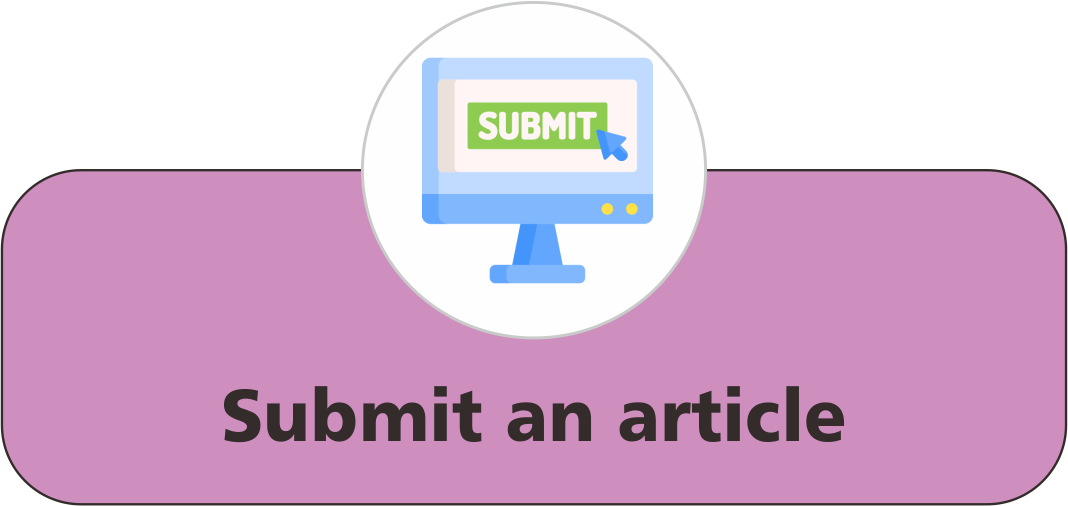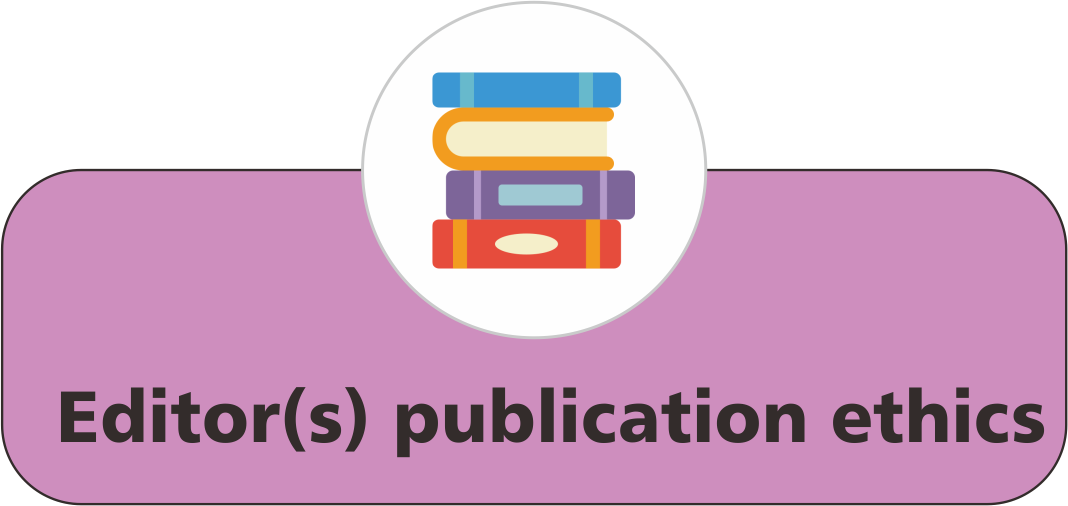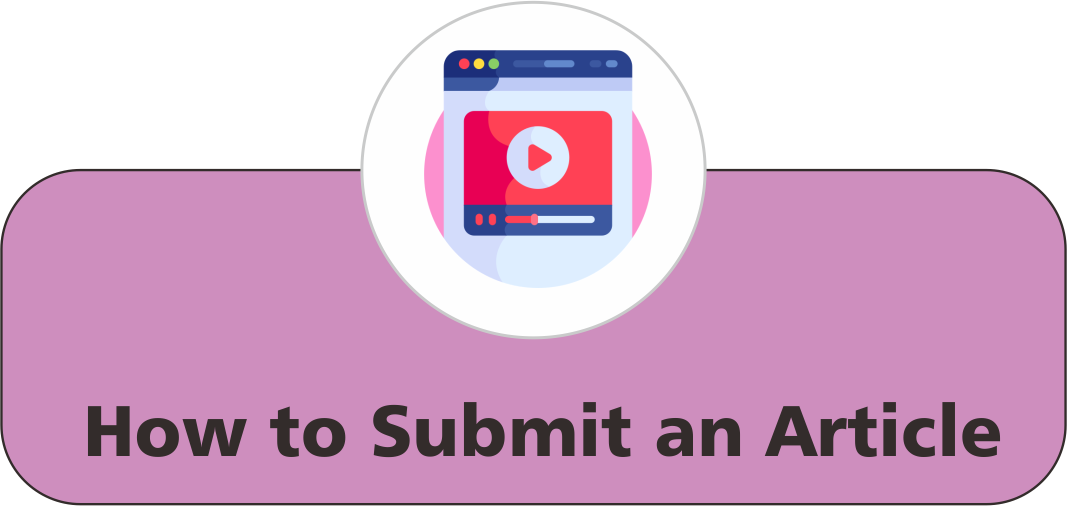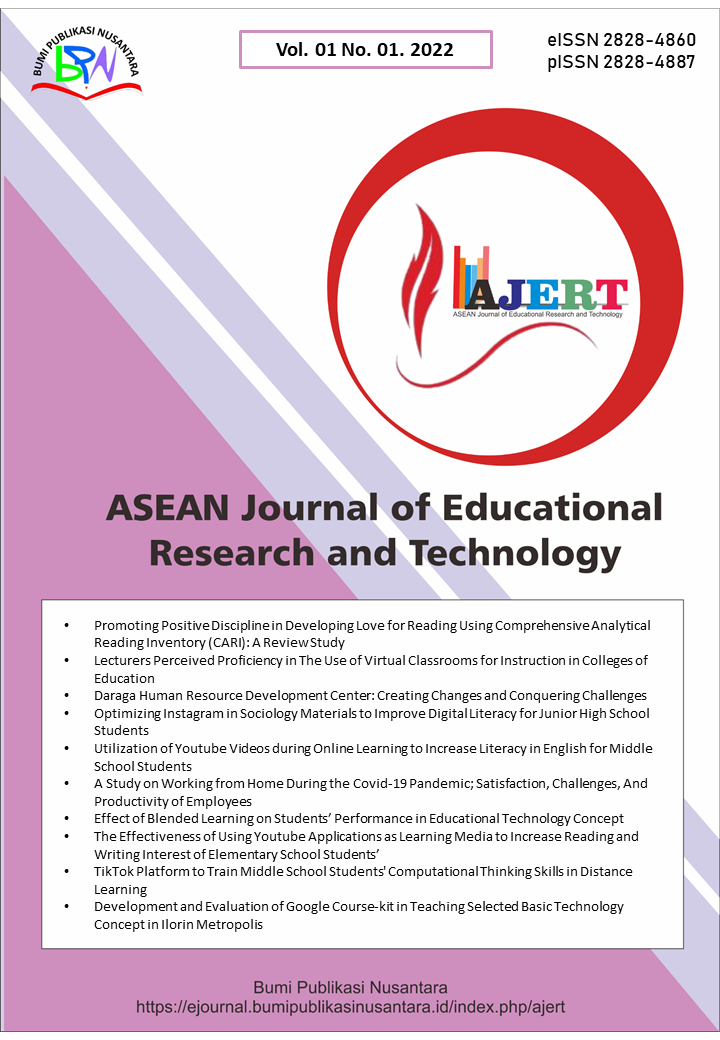TikTok Platform to Train Middle School Students' Computational Thinking Skills in Distance Learning
 ), Asri Wibawa Sakti(2), Nissa Nur Azizah(3),
), Asri Wibawa Sakti(2), Nissa Nur Azizah(3),
(1) Universitas Pendidikan Indonesia
(2) Universitas Pendidikan Indonesia
(3) Universitas Pendidikan Indonesia
 Corresponding Author
Corresponding Author
Abstract
Keywords
References
Ananda, R. (2017). Penggunaan media audio visual untuk meningkatkan hasil belajar pendidikan kewarganegaraan siswa kelas IV SD Negeri 016 Bangkinang Kota. Jurnal Basicedu, 1(1), 21-30.
Andrian, R., and Hikmawan, R. (2021). The importance of computational thinking to train structured thinking in problem solving. Jurnal Online Informatika, 6(1), 113-117.
Anistyasari, Y., Ekohariadi, E., and Munoto, M. (2020). Strategi pembelajaran untuk meningkatkan keterampilan pemrograman dan berpikir komputasi: Sebuah studi literatur. Journal of Vocational and Technical Education (JVTE), 2(2), 37-44.
Augie, K. T., and Priatna N. (2021). Penggunaan podcast untuk mengembangkan keterampilan berpikir komputasi siswa selama gangguan pandemi. Jurnal Didactical Mathematics, 3(1), 41-47.
Barr, D., Harrison, J., and Conery, L. (2011). Computational thinking: A digital age skill for everyone. Learning and Leading with Technology, 38(6), 20-23.
Costa, R. D., Souza, G. F., Valentim, R. A., and Castro, T. B. (2020). The theory of learning styles applied to distance learning. Cognitive Systems Research, 64, 134-145.
Danindra, L. S. (2020). Proses berpikir komputasi siswa SMP dalam memecahkan masalah pola bilangan ditinjau dari perbedaan jenis kelamin. Jurnal Ilmiah Pendidikan Matematika Volume, 9(1), 95-103.
Dewi, C. M., Putri, A. S., Nugraha, M. P. Z., and Haq, A. H. B. (2020). Kepercayaan diri dengan intensitas penggunaan media sosial tiktok di masa pandemi: Studi korelasi. Fenomena, 29(2), 18-24.
Fadillah, I. N., and Maryanti, R. (2021). Application of learning videos and quizizz in increasing students interest in learning english in middle schools. Indonesian Journal of Multidiciplinary Research, 1(2), 329-336.
Hayati, A. S. (2020). Peran orang tua dalam meningkatkan motivasi belajar anak dengan sistem daring pada masa pandemi di Desa Depokrejo, Kebumen. Tasyri': Jurnal Tarbiyah-Syari’ah Islamiyah, 27(2), 23-32.
Lassoued, Z., Alhendawi, M., and Bashitialshaaer, R. (2020). An exploratory study of the obstacles for achieving quality in distance learning during the covid-19 pandemic. Education Sciences, 10(9), 232.
Lestari, A. C., and Annizar, A. M. R. (2020). Proses berpikir kritis siswa dalam menyelesaikan masalah PISA ditinjau dari kemampuan berpikir komputasi. Jurnal Kiprah, 8(1), 46-55.
Maulidiyah, N. R., and Anistyasari, Y. (2020). Studi literatur pengaruh media robotik terhadap berpikir komputasi siswa. IT-Edu: Jurnal Information Technology and Education, 5(01), 133-140.
Pakpahan, R., and Fitriani, Y. (2020). Analisa pemanfaatan teknologi informasi dalam pembelajaran jarak jauh di tengah pandemi virus corona covid-19. Journal of Information System, Applied, Management, Accounting and Research, 4(2), 30-36.
Rosdianto, H., and Murdani, E. (2017). The implementation of POE (Predict Observe Explain) model to improve student’s concept understanding on Newton’s law. Jurnal Pendidikan Fisika, 6(1), 55-57.
Wing, J. M. (2008). Computational thinking and thinking about computing. Philosophical Transactions of the Royal Society A: Mathematical, Physical and Engineering Sciences, 366(1881), 3717-3725.
Article Metrics
Abstract View : 2042 times
: 2042 times Download : 898 times
Download : 898 times
Refbacks
- There are currently no refbacks.
Copyright (c) 2022 Bumi Publikasi Nusantara

This work is licensed under a Creative Commons Attribution-ShareAlike 4.0 International License.









